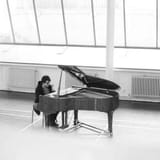Orchestrating Excellence: James Williams on Music, Education, and Innovation
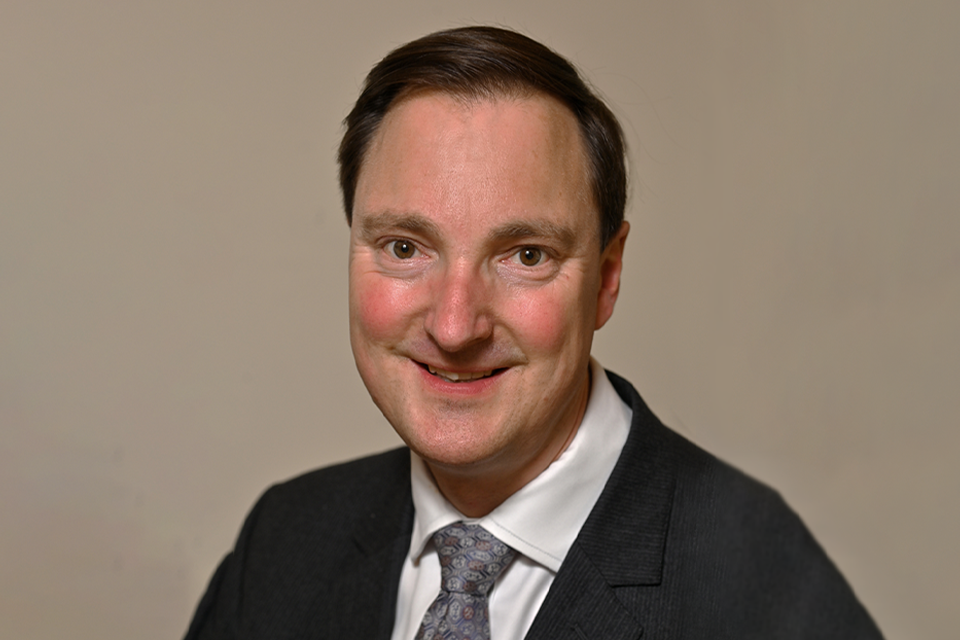
As the Managing Director of the Royal Philharmonic Orchestra, James Williams boasts an illustrious career spanning over two decades in classical music leadership. Prior to his current role, James made significant contributions during his tenure with the Philharmonia Orchestra, London, where he served as the Director of UK Programme and Creative Projects. In this capacity, he played a pivotal role in shaping the orchestra’s schedule, forging collaborations with renowned artists, and overseeing ambitious cross-arts projects.
With a comprehensive understanding of the classical music landscape and a strong background in arts administration, James Williams is well-positioned to lead the Royal College of Music into a dynamic future. In this interview, we explore his vision for the Royal Philharmonic Orchestra, his innovative approaches to community engagement, the role of technology in classical music, and his strategies for fostering the growth of the next generation of musicians and arts leaders in a constantly evolving digital age.
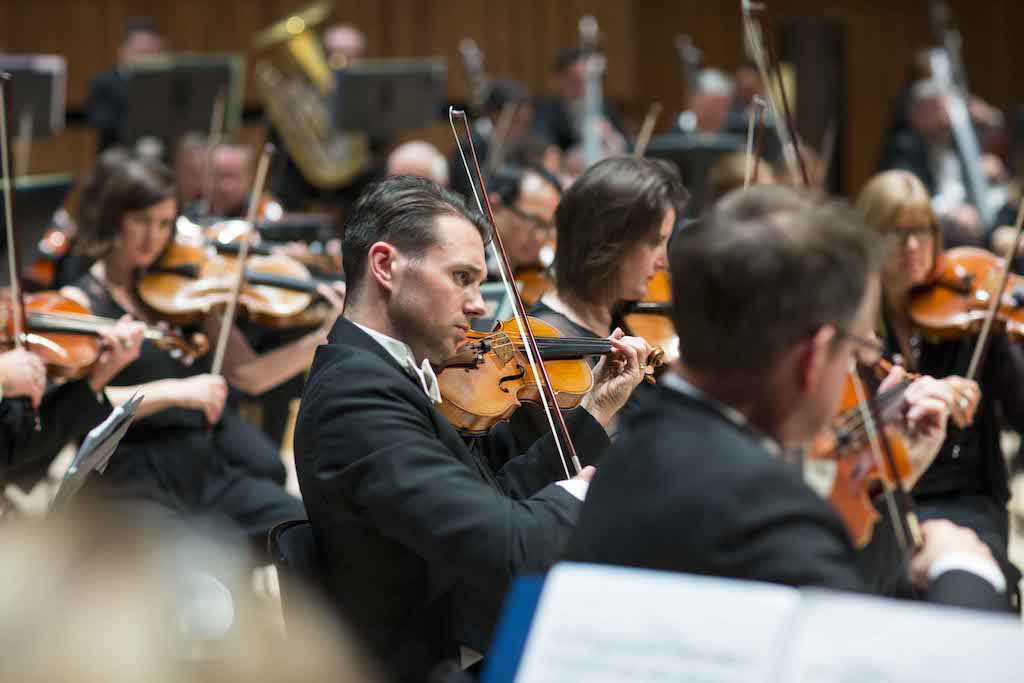
Nikhil Sardana: As the Managing Director of the Royal Philharmonic Orchestra, could you please outline your vision for the orchestra’s future direction, with a specific emphasis on its artistic goals? Given the orchestra’s remarkable history of collaborations, contributions to iconic film soundtracks, performances in prestigious venues, and extensive international tours, can you elaborate on your vision for the orchestra’s next phase and your strategies for guiding it toward this vision?
James Williams: My vision revolves around making the orchestra an integral part of diverse communities, transcending the boundaries of the concert hall. We are committed to remaining relevant to audiences of all ages in the 21st century through our diverse programming and adaptability to various musical genres and formats.
Reflecting on our achievements during my tenure, I take immense pride in the ‘Journeys of Discovery’ season, which delved into how composers have explored the human form and psyche in multifaceted ways. Within this season, we undertook the monumental task of performing Mahler’s three choral symphonies, a significant achievement, especially given the challenges posed by the post-COVID environment.
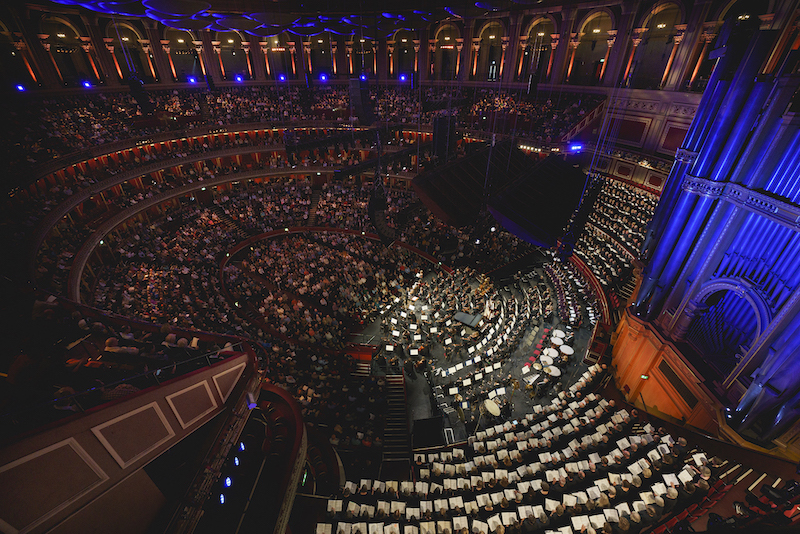
Our community education initiatives, such as the “STROKESTRA” project, have been profoundly rewarding. They have had a positive impact on individuals facing the challenging path of stroke recovery, utilizing orchestral music as a therapeutic tool.

It was a unique honour for us to serve as music advisors for the Coronation of Their Majesties, King Charles III and Queen Camilla, overseeing the musical aspects of this momentous event.
What truly resonates with me about the Royal Philharmonic Orchestra is our ability to make a significant impact not only through grand performances in renowned international venues but also through high-impact projects in regions across the UK. These projects touch the lives of audiences and participants in towns and villages throughout the country. To me, both our large-scale artistic achievements and our smaller, yet equally significant, community projects contribute to the rich fabric of our orchestra’s work.
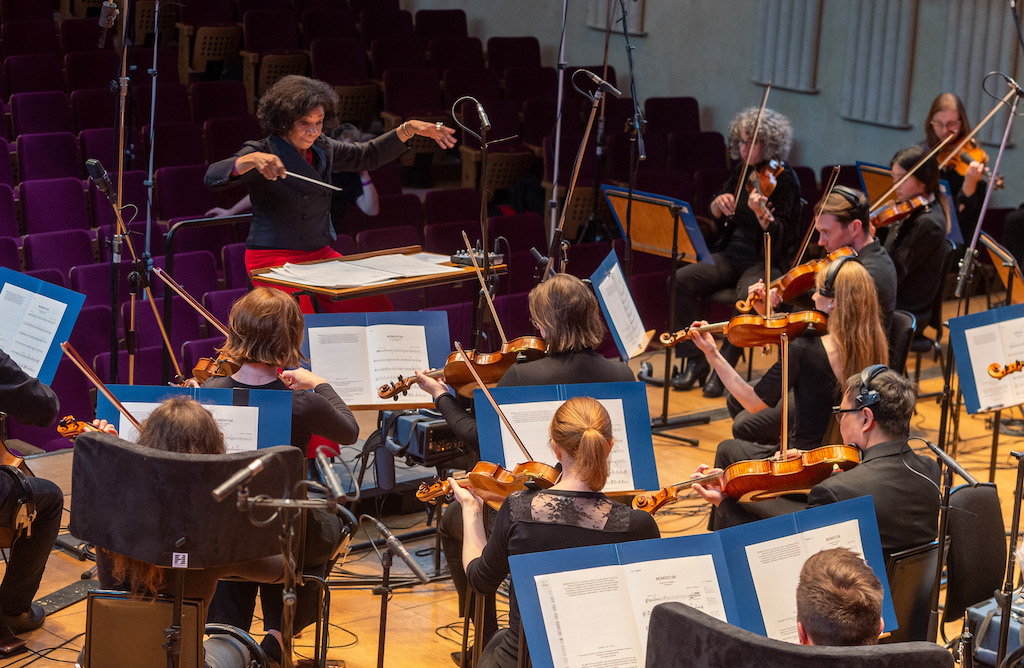
NS: Community engagement is essential for any cultural institution’s vibrancy. Could you discuss successful initiatives where the orchestra bridged the gap with the local community? How do you believe such efforts contribute to a more inclusive cultural landscape?
JW: Community engagement is crucial for cultural institutions, but there’s no one-size-fits-all solution. The UK’s diversity offers opportunities and challenges. Take the example of our connection with Brent, a London borough with 149 languages spoken. We’ve worked closely with local communities to bring orchestral music in its broadest form to them.
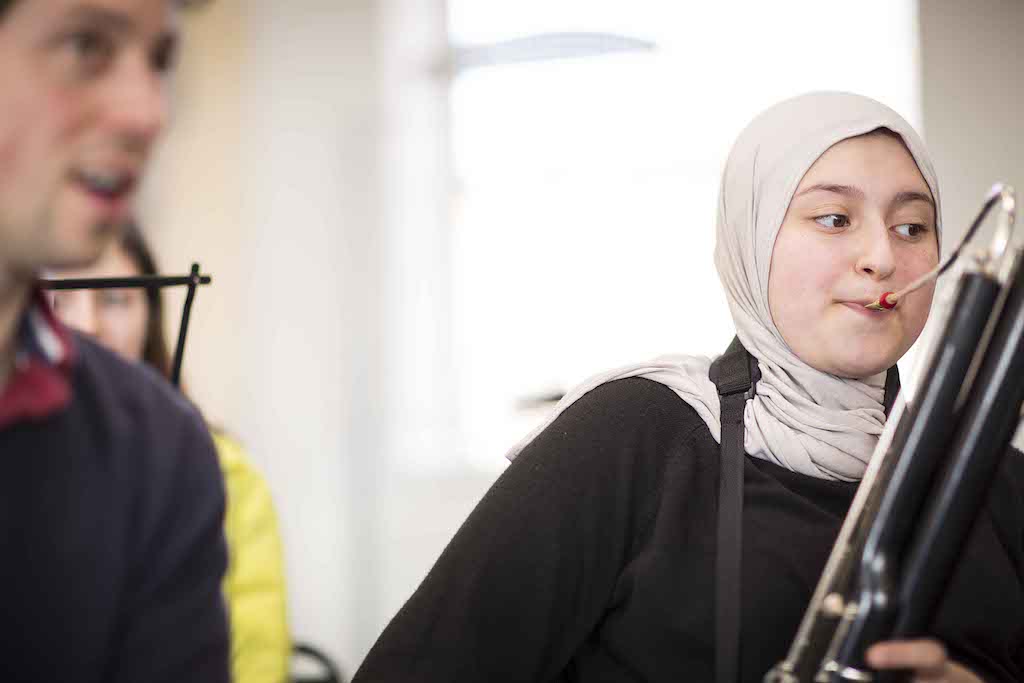
One initiative, “Wemba’s Dream,” stands out. We brought the full orchestra to Brent for a 40-minute outdoor performance designed for new audiences. We commissioned local artists, including a South Asian dance group, a poet society, a singer-songwriter, and a steel pan orchestra. This approach, co-designed with the community, makes orchestral music culturally relevant and accessible. Initiatives like “Wembley’s Dream” are vital for fostering inclusivity.
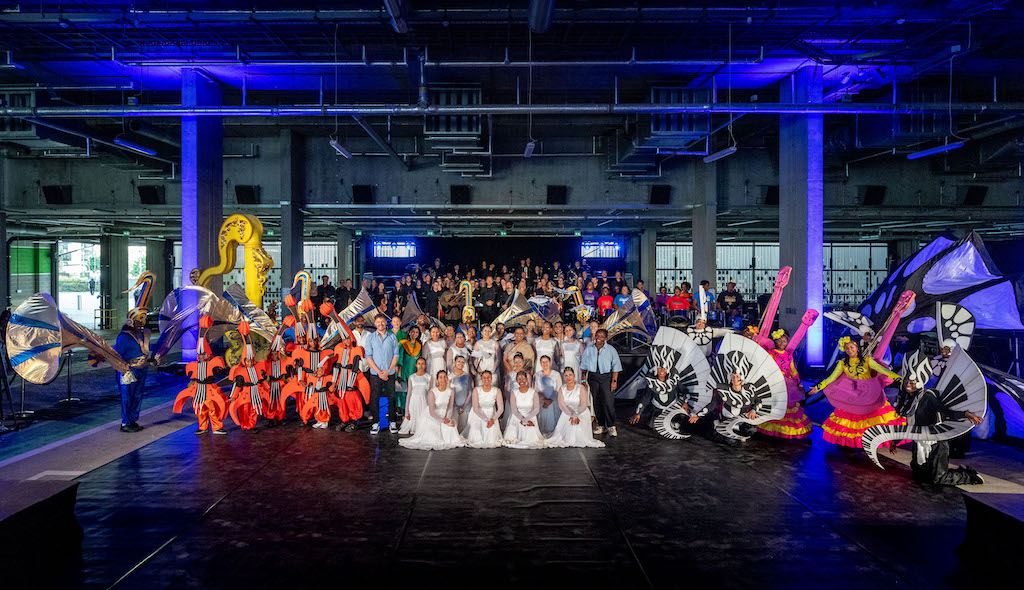
NS: What is your perspective on streaming platforms and the role they play in the accessibility of classical music? How can traditional orchestras leverage these advancements to engage a wider global audience while preserving the authenticity of live performances?
JW: Streaming platforms are a promising frontier for classical music accessibility. Technology’s role, in my opinion, is to enhance rather than replace live performances. It enriches the audience’s live experience and widens access, particularly in areas with limited access to orchestral concerts.
Technology can augment live performances by offering additional content like playlists to prepare and introduce audiences to composers and styles before the event. It empowers users to customize their experience, something live performances can’t provide.
Moreover, technology unlocks creative possibilities. We’ve ventured into immersive projects in the past. These use projections, LEDs, and other tech to immerse audiences, enhancing the live performance creatively. Collaborations with lighting designers have also expanded the realm of possibilities. We’re just scratching the surface of how technology can elevate the live classical music experience, and exciting developments are on the horizon.
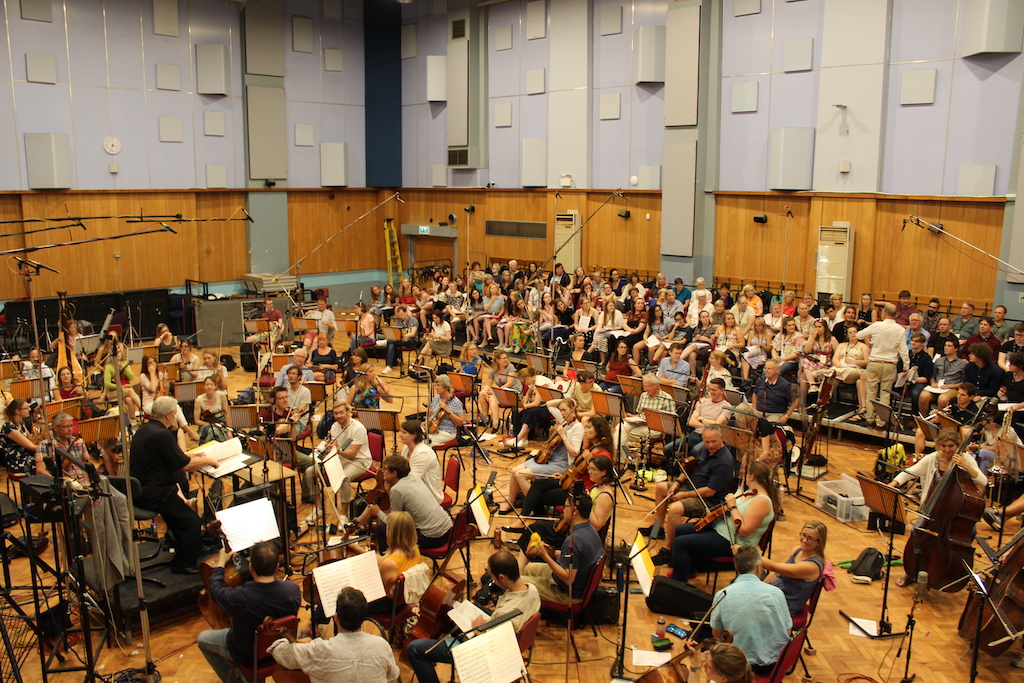
NS: Can you discuss instances where you’ve harmoniously balanced artistic vision and financial sustainability in your arts administration career? How do you approach this interplay, and do you believe compromises are necessary, or is there a way to achieve both?
JW: Achieving a balance between artistic vision and financial sustainability is a universal challenge for arts administrators. For me, prioritizing artistic ambition is crucial. Financial constraints may occasionally delay our goals, but settling for mediocrity is not an option. Instead, I’ve learned to be bold, maintaining a strong artistic vision. People support success and ambition, not mediocrity.
Our roles in arts administration require creativity, even in fundraising. It’s about understanding funders’ passions and creatively aligning their interests with our projects, creating a win-win situation. Arts administration isn’t limited to processes; it thrives on creativity. Creative minds, whether on stage or behind the scenes, drive our organization’s success, highlighting the importance of teamwork.
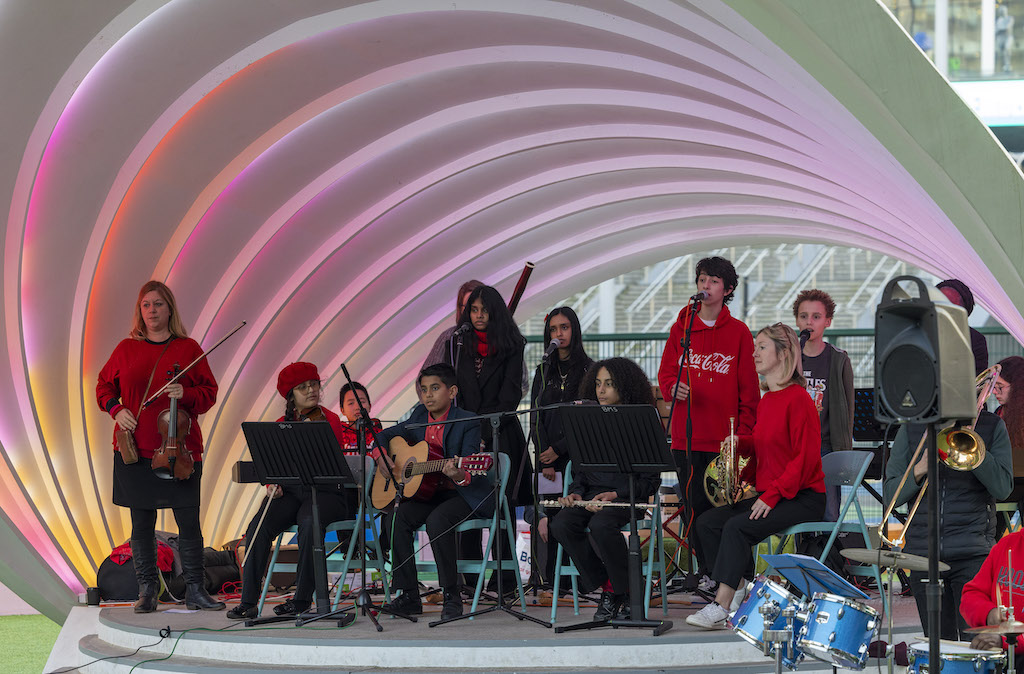
NS: Regarding classical music education, what are the key components of a contemporary program that fosters artistic excellence and adaptability in students for the ever-evolving music industry?
JW: Education extends beyond young students. Research reveals that the most curious about orchestral and classical music are individuals aged 18 to 34, emphasizing the importance of lifelong learning. While pre-18 education is crucial, focusing on quality music education for primary school children, aged 6 to 11, is paramount. Currently, only 8% of primary school teachers in the UK feel confident teaching music, highlighting a resourcing issue. There’s also a challenge in the curriculum, as the performing arts were removed from the EBAC examination syllabus in favour of STEM subjects. This overlooks the evidence that robust performing arts education enhances academic attainment. We must ensure equality of opportunity, starting with exposure to music and instruments, providing equal participation opportunities, and nurturing talent.
Talent is abundant, but opportunities are not equally distributed. Digital technology can bridge these gaps, allowing one-to-one instrumental lessons, even in remote areas. Achieving these goals requires collaboration across the education system, performing arts sector, and beyond, involving universities and the amateur music sector. My passion for music education stems from my own fortunate experiences, and I am deeply concerned about those who lack such opportunities.
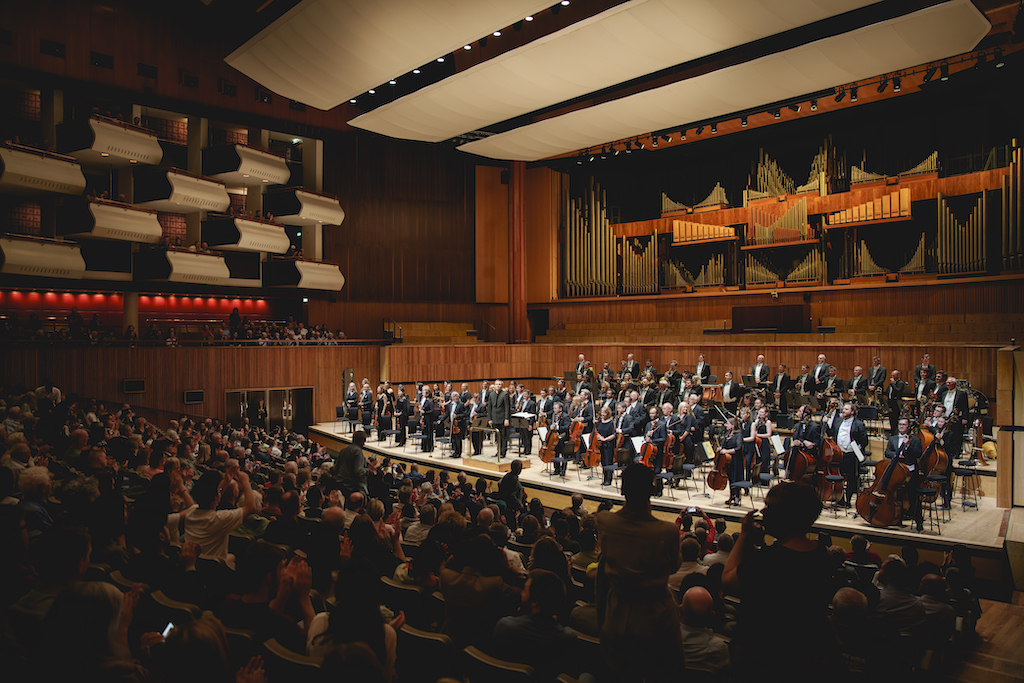
NS: As you prepare to assume the role of director at the Royal College of Music, what strategies do you envision employing to foster the growth of the next generation of classical musicians and arts leaders, especially in this constantly evolving digital age?
JW: The evolving landscape of the arts, especially after the impact of COVID, calls for evolution rather than revolution. Contrary to the narrative that classical music is fading, research shows otherwise, revealing a vibrant audience base. My vision for the Royal College of Music prioritizes artistic excellence without compromise. However, we must prepare musicians for a broader spectrum of opportunities, from film studios to community projects. We need to challenge traditional hierarchies and value a wider range of contributions.
The digital realm is paramount, as the incoming generation has grown up with technology, opening new creative possibilities. My goal is for conservatoires to shape cultural institutions positively, encouraging a bottom-up approach. The Royal College, with its incredible resources, can influence the future of the industry, aided by the bright minds of its students. My role is to facilitate this evolution by providing resources, opportunities, and partnerships.

